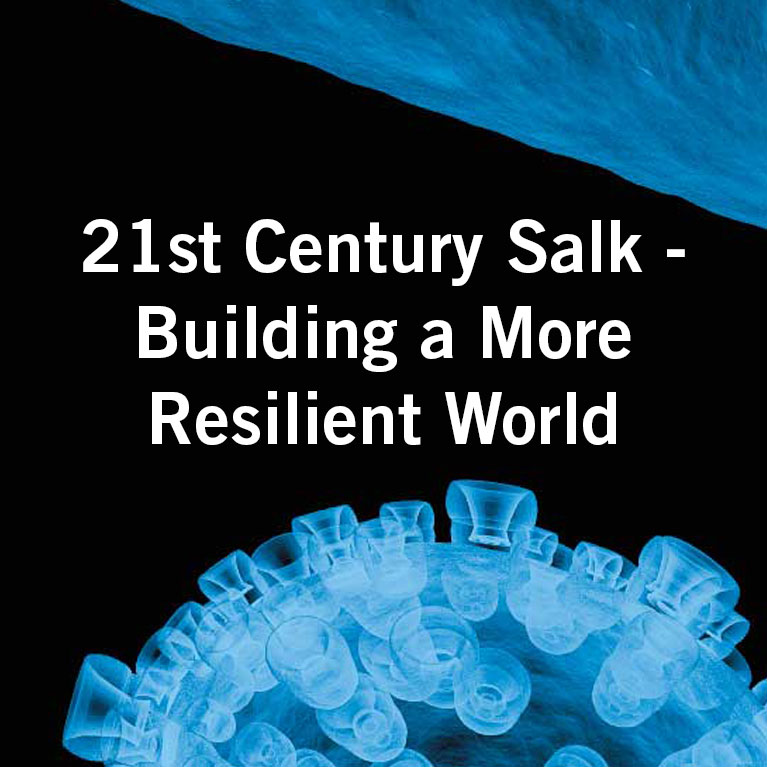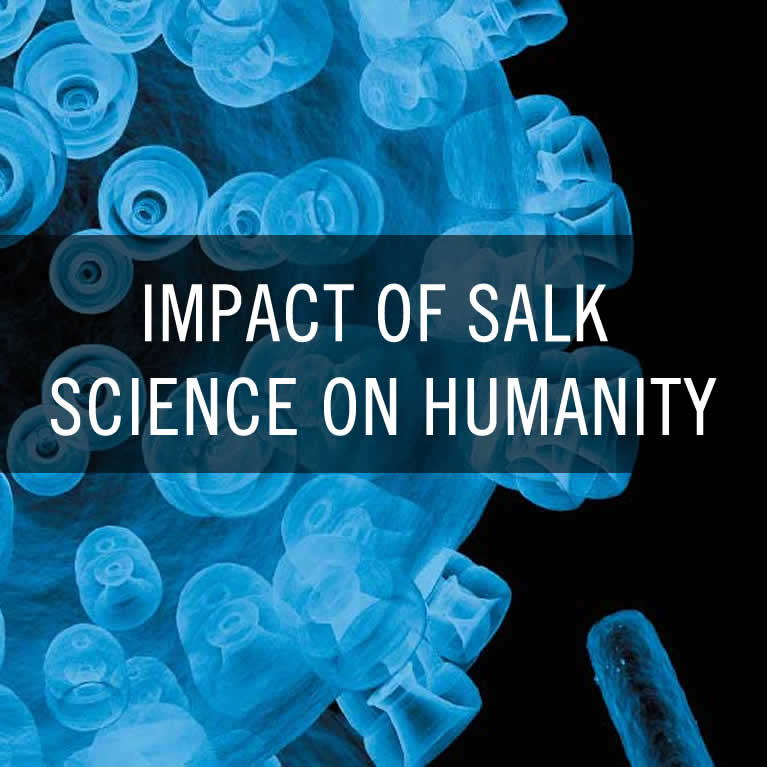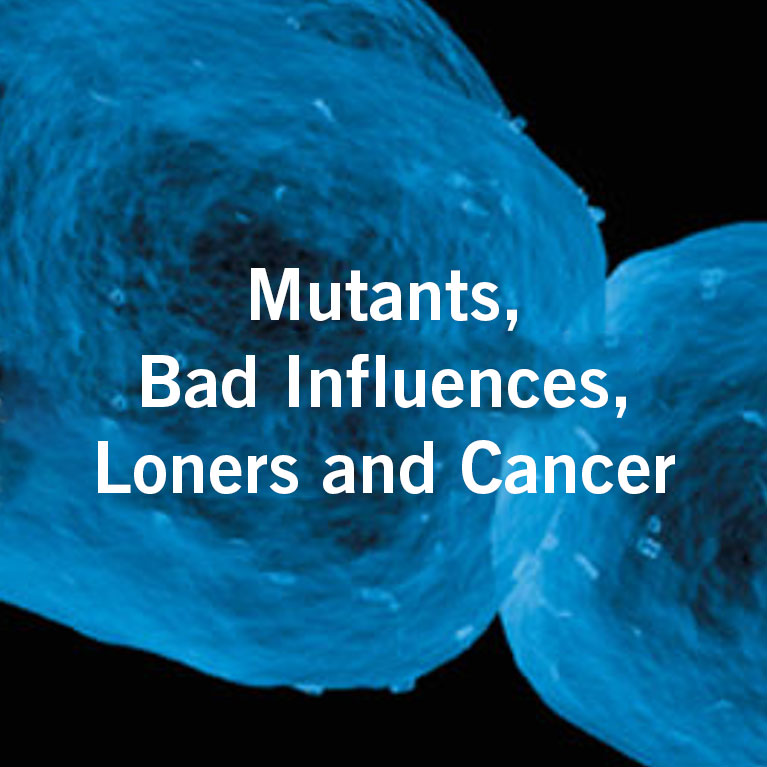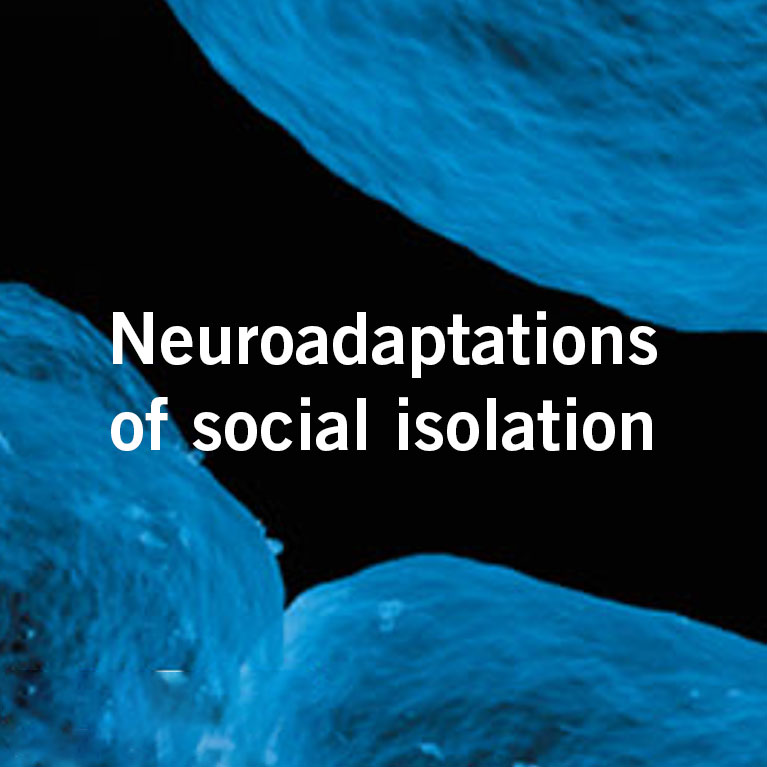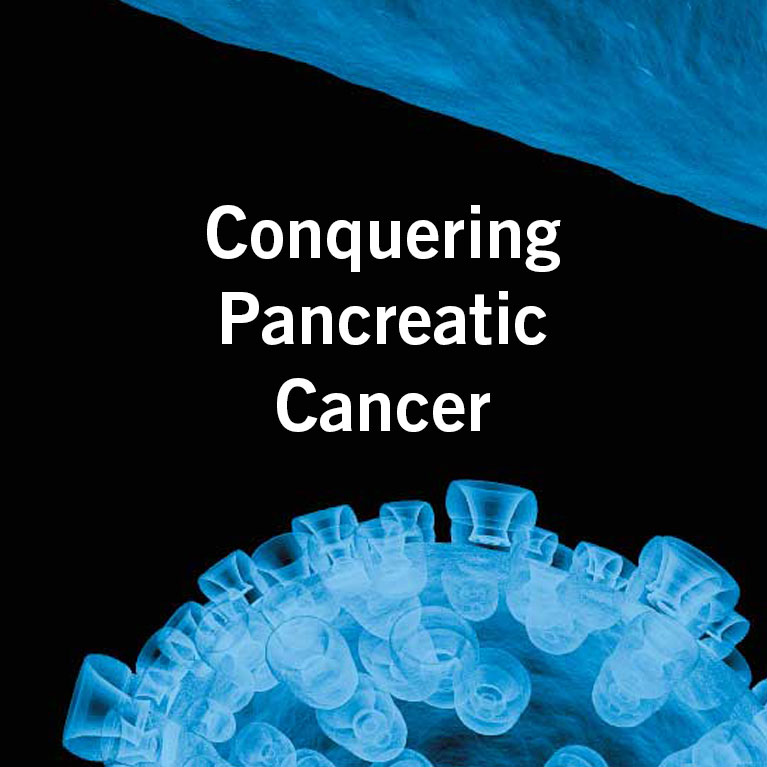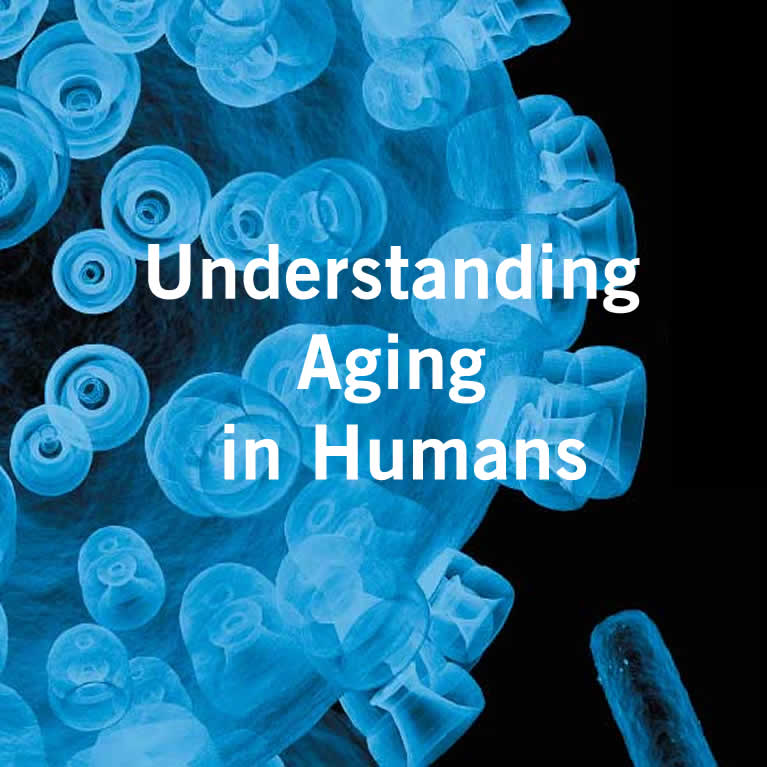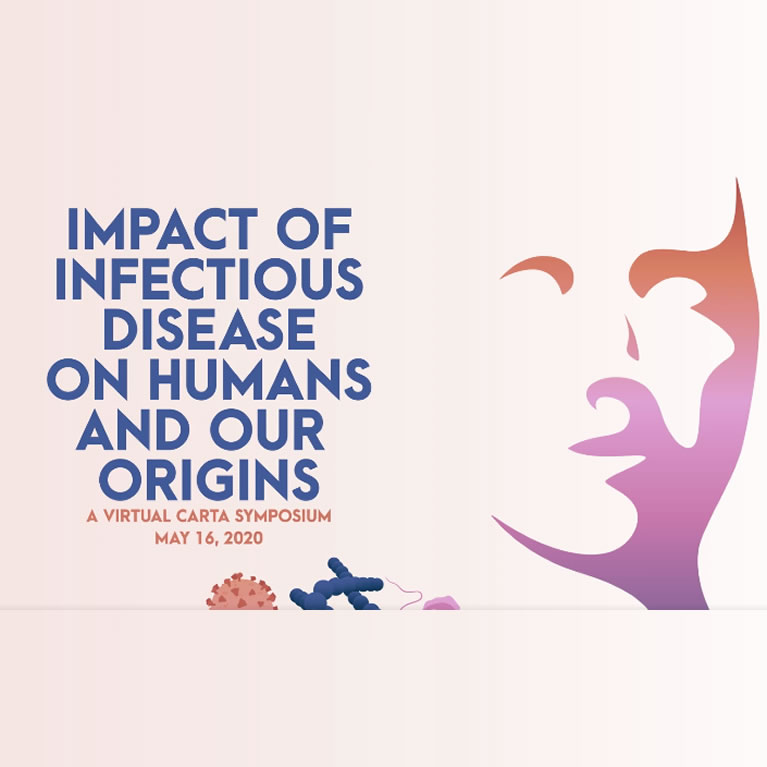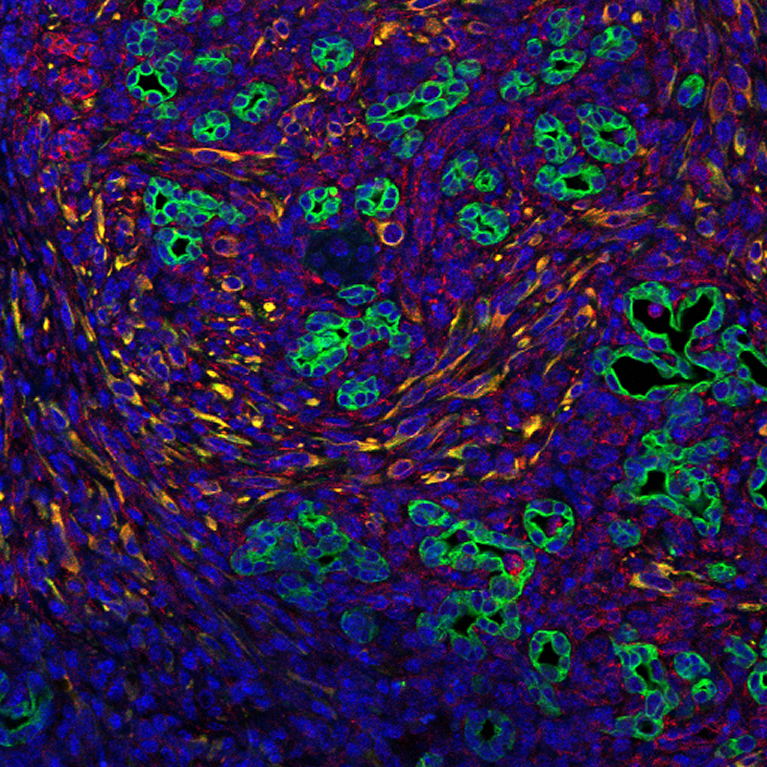The Power of Science Lecture Series
About the Power of Science Lecture series
We are reminded during these sobering times of how critical basic scientific research is to our health,
our community and the globe. It was the basic scientific research of the Institute’s founder, Jonas Salk, that led to the first safe and effective polio vaccine, saving countless lives. At Salk, world-renowned experts in immunology, infectious diseases, virology and other topics are similarly uncovering the fundamentals of biology and disease. From deadly viruses and cancer, to Alzheimer’s and climate change, Salk scientists are on the frontlines of discovery. Learn about how these researchers are tackling the biggest challenges facing the world in this timely series.
21st Century Salk – Building a More Resilient World
This presentation, delivered by Professor Greg Lemke, covered how the body regulates the immune system to prevent disease.
More information and view videoImpact of Salk Science on Humanity
This presentation, delivered by Ha Nguyen, Senior Director of the Office of Technology Development, features the past and present successes of translating Salk’s scientific discoveries into technologies and interventions that prevent, treat or mitigate some of our most difficult health challenges to benefit humankind.
More information and view videoMutants, Bad Influences, Loners and Cancer
Cancer is caused when the DNA in our cells mutates, causing the cells to grow uncontrollably. These mutations can disrupt critical genes. Different mutations to the same gene can have very different effects. Assistant Professor Edward Stites is using computational approaches to determine why patients respond differently to treatment, and our work finds unexpected ways in which mutations determine whether or not a cancer patient responds to treatment.
More information and view videoNeuroadaptations of Social Isolation
How do our brains adapt to changes in social contact? Acute social isolation produces prosocial behaviors and increases the motivation to seek social contact. In contrast, chronic social isolation produces antisocial behavior, and increases aggression, territorial behavior and avoidance of social contact. Professor Kay Tye shared how her lab is employing cutting-edge neuroscience approaches to understanding the mechanisms of how our brains respond to social isolation.
More information and view videoConquering Pancreatic Cancer
Pancreatic cancer is a devastating disease with only 8% of patients surviving more than five years. Professor Ronald Evans shared clinical trial updates on pancreatic cancer research breakthroughs including immunotherapy and a Vitamin D derivative.
More information and view videoUnderstanding Aging in Humans
Aging is the most significant risk factor for human disease. Human cells and tissues age at different rates depending on their intrinsic properties, where they are in the body and environmental exposures. The Hetzer lab aims to understand this variability (“heterogeneity”) and how it contributes to overall human aging, risk for disease or therapeutic responses. Professor Martin Hetzer also speaks about Salk research activities during COVID-19.
More information and view videoCircadian Rhythm During This Time of Social Distancing
In this live virtual event, Salk Professor Satchin Panda will share updates regarding the status of research labs at the Salk Institute, ongoing and future scientific collaborations and the latest in circadian biology research, all through the lens of the COVID-19 pandemic.
More information and view videoHuman Adaptive Immunity Against Viral Infections
In this live lecture, which was part of the “Impact of Infectious Diesease on Humans & Our Origins” symposium, Salk Professor Susan Kaech discusses how memory T cells form during infection and are specialized into distinct subsets that maximize the way in which they provide immunosurveillance throughout the body and provide long-term protective immunity.
More information and view videoConquering Cancer in the Time of COVID-19
Salk’s Cancer Center Director Reuben Shaw and Assistant Professor Dannielle Engle shared updates regarding the status of research labs at the Salk Institute, ongoing and future scientific collaborations and the latest in cancer research, all through the lens of the COVID-19 pandemic.
More information and view video
